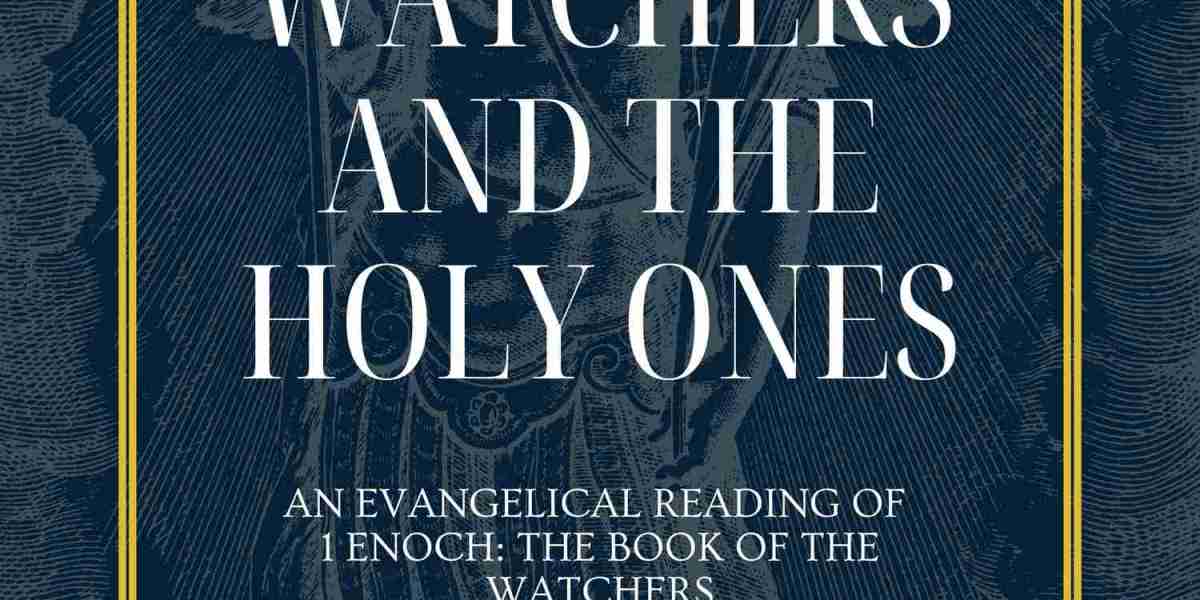The Gospel, which has been the cornerstone of Christian faith for centuries, is often understood as a timeless and universal message of salvation. However, Anthony Delgado, a renowned Christian leader and author, argues that the Gospel must be understood within its historical context in order to fully appreciate its significance and relevance. In this article, we will explore Delgado's analysis of the historical context of the Gospel, examining the cultural, social, and political factors that shaped the world in which Jesus lived and preached.
The Jewish Roots of the Gospel
Delgado emphasizes that the gospel is deeply rooted in Jewish scripture and tradition. Jesus, a Jewish rabbi from Nazareth, preached a message that was deeply informed by the Hebrew scriptures and the cultural practices of his time. The Gospel, Delgado argues, must be understood as a fulfillment of God's promises to Israel, as recorded in the Old Testament. By examining the Jewish context of the Gospel, Delgado reveals the rich cultural and theological heritage that underlies the Christian faith.
The Roman Empire and the Gospel
The Roman Empire, which dominated the Mediterranean world during the 1st century, played a significant role in shaping the historical context of the Gospel. Delgado notes that the Roman Empire was characterized by a strict hierarchical system, with the emperor at the top and slaves and peasants at the bottom. Jesus' teachings, which emphasized the importance of humility, compassion, and equality, were a direct challenge to the Roman system of power and privilege. By analyzing the Roman context of the Gospel, Delgado highlights the radical nature of Jesus' message and the ways in which it subverted the dominant cultural norms of the time.
The Role of the Pharisees and Sadducees
Delgado also explores the role of the Pharisees and Sadducees, two influential Jewish sects that played a significant role in the historical context of the Gospel. The Pharisees, who were known for their strict adherence to Jewish law and tradition, often clashed with Jesus over issues of interpretation and practice. The Sadducees, who were more focused on maintaining power and privilege within the Jewish community, saw Jesus as a threat to their authority. By examining the complex relationships between Jesus and these Jewish sects, Delgado reveals the nuanced and often contentious nature of the Gospel's historical context.
The Significance of the Cross
The cross, which is a central symbol of the Christian faith, is often understood as a timeless and universal symbol of salvation. However, Delgado argues that the cross must be understood within its historical context as a symbol of Roman power and control. The cross, which was used to execute slaves and rebels, was a powerful reminder of the Roman Empire's authority and dominance. By analyzing the historical context of the cross, Delgado highlights the ways in which Jesus' death on the cross was a subversive act that challenged the dominant power structures of the time.
The Resurrection and the Birth of the Church
Finally, Delgado examines the historical context of the resurrection and the birth of the church. The resurrection, which is often seen as a supernatural event, must be understood within the context of Jewish scripture and tradition. The resurrection, Delgado argues, was a fulfillment of God's promises to Israel and a demonstration of Jesus' power and authority. The birth of the church, which followed the resurrection, was a radical new community that was characterized by its commitment to equality, compassion, and service. By analyzing the historical context of the resurrection and the birth of the church, Delgado reveals the ways in which the Gospel transformed the lives of individuals and communities in the 1st century.
Conclusion
In conclusion, Anthony Delgado's analysis of the historical context of the Gospel offers a nuanced and insightful exploration of the cultural, social, and political factors that shaped the world in which Jesus lived and preached. By examining the Jewish roots of the Gospel, the Roman Empire, the role of the Pharisees and Sadducees, the significance of the cross, and the resurrection and the birth of the church, Delgado reveals the rich and complex nature of the Gospel's historical context. As we seek to understand and apply the Gospel in our own lives, Delgado's analysis reminds us that the Gospel is a message that is deeply rooted in history and culture, and that its significance and relevance can only be fully appreciated by examining its historical context.






